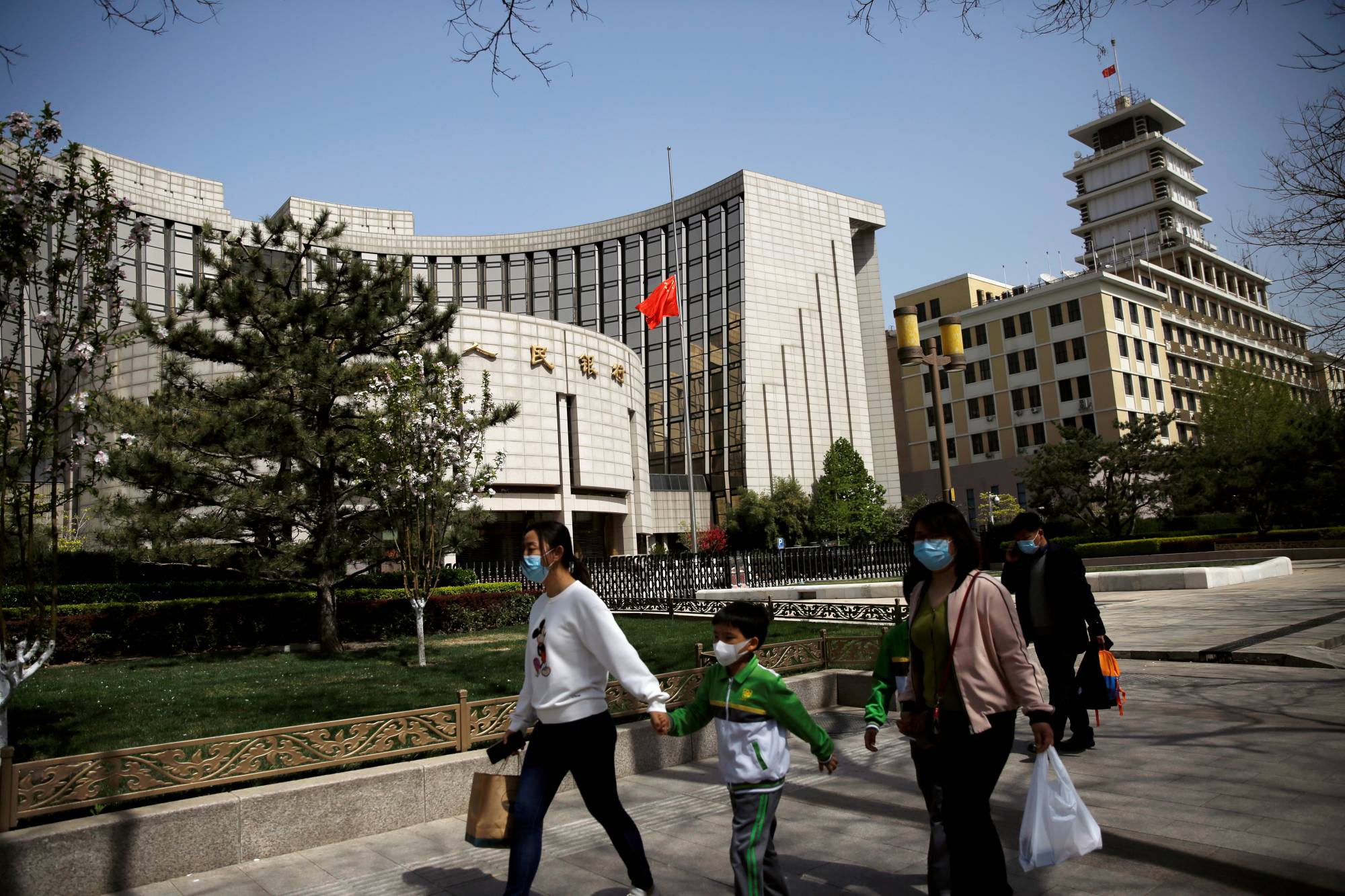China is resorting to increasingly forceful measures to contain risks to the financial system, in moves that threaten to undermine President Xi Jinping’s pledge to give markets greater freedom.
Authorities have in recent weeks ordered state firms to curb their overseas commodities exposure, forced domestic banks to hold more foreign currencies, considered a cap on thermal coal prices, censored searches for crypto-exchanges and effectively banned brokers from publishing bullish equity-index targets. A new rule will bar cash management products from holding riskier securities and limit their use of leverage. On Thursday, an official said China plans to sell metals from state reserves.
While the measures fall short of direct intervention, they risk reinforcing the notion of moral hazard. If traders know authorities are likely to step in to limit gains or losses in an asset class, they can bet on that outcome with some certainty. The implied government backstop can encourage one-way bets — a challenge for policymakers as they seek to make markets more efficient while supporting an imbalanced economic recovery.

















With your current subscription plan you can comment on stories. However, before writing your first comment, please create a display name in the Profile section of your subscriber account page.